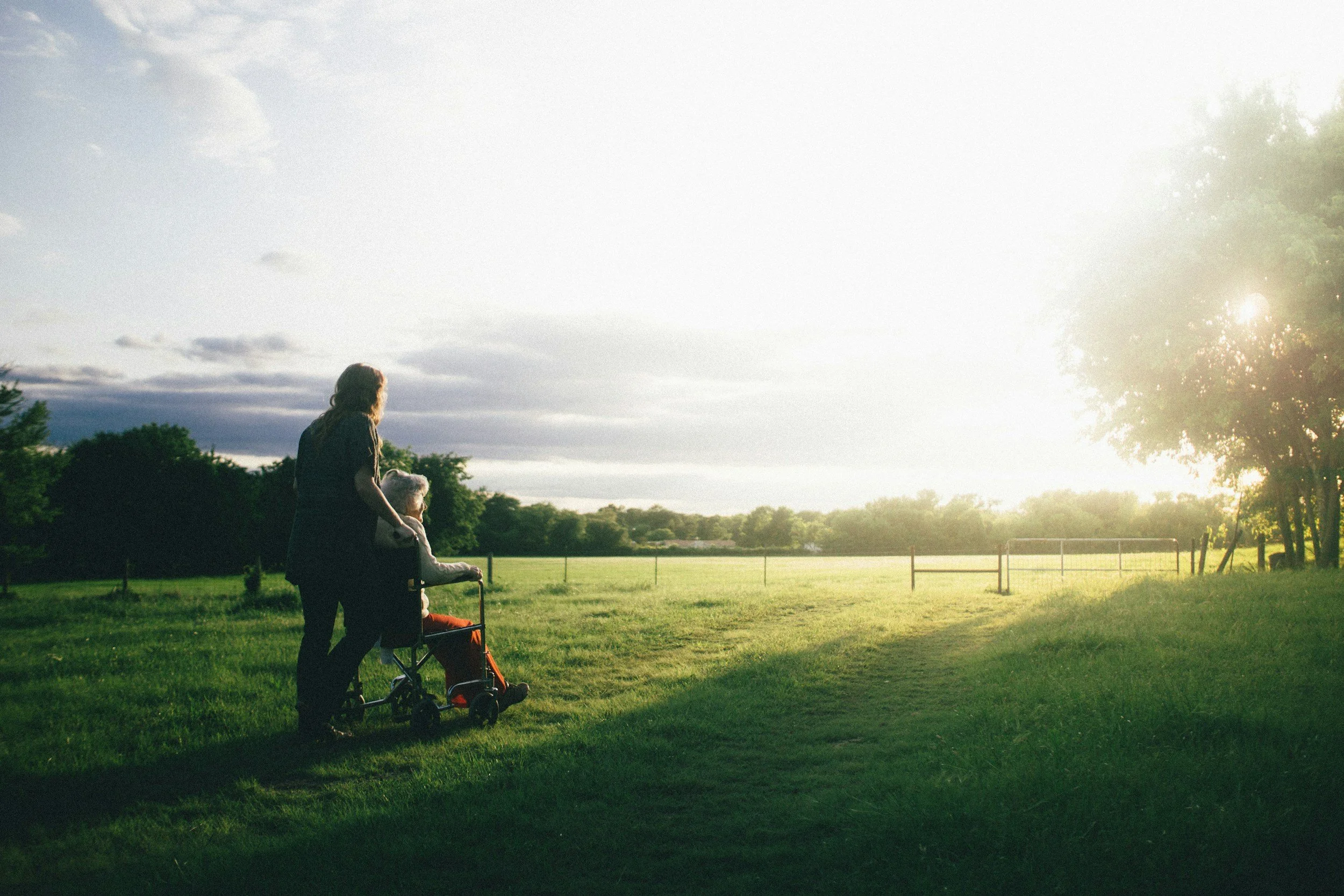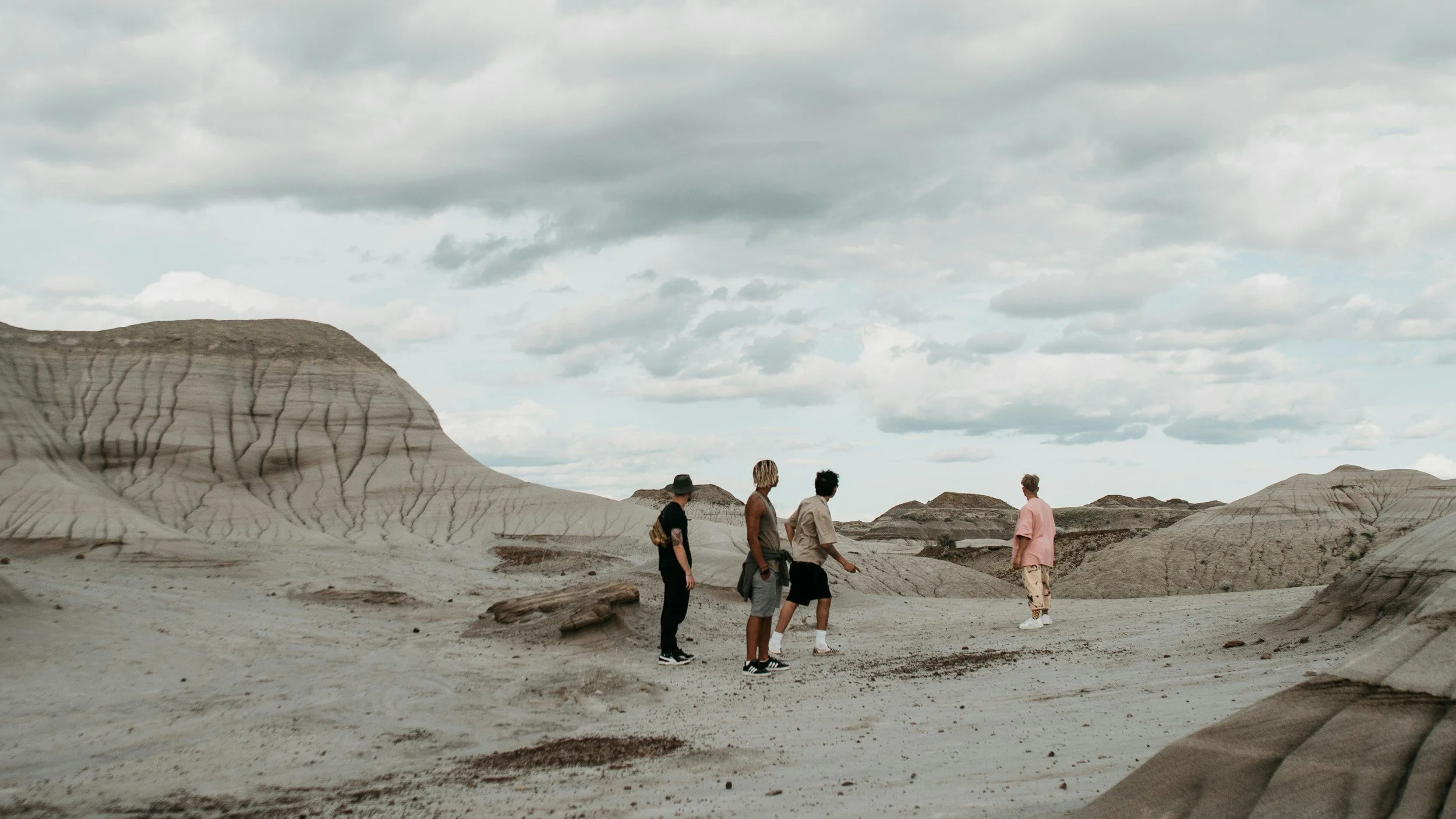Join Our Community
blog posts in the kindman & co. newsletter
In today's episode, Sarah introduces Madison, a new therapist and grad student at Kindman and Co. They discuss their soon to be launched caregiver support group, both share personal experiences being caregivers, and reflect on the challenges and responsibilities that come with this role. They express the importance of support systems, the evolving nature of caregiving, and their hopes for this group's impact.
Relational psychotherapy isn’t just healing for clients—it can be a lifeline for therapists, too. By centering authenticity and connection, relational therapy helps us prevent burnout, improve client outcomes, and actually enjoy the work again. Learn how practicing relationally sustains therapists and explore training opportunities with CEUs at Kindman & Co.
What does it really mean to be a caregiver? Through personal family stories and reflections on disability justice, this piece explores the invisible labor, love, and resilience of caregiving—and why community care is essential for sustaining both caregivers and those they support.
We’re taught to “push through” sickness, stress, and exhaustion as if resilience is always a virtue. But what happens when strength is fueled by perfectionism and pressure instead of care? This reflection explores how ignoring our body’s signals can backfire—and what it looks like to recalibrate, slow down, and choose sustainability over survival mode.
At Kindman & Co., we believe healing happens in community—and that includes men and masc-identified folks reimagining what masculinity can mean. In this post, Paul shares why expanding men’s emotional capacity matters, why group therapy is so powerful, and why he’s proud to support the launch of our new group, Redefining Masculinity. If you’ve ever felt boxed in by traditional scripts of ‘how to be a man,’ this one’s for you.
let's begin.
You are not in this alone. You were never meant to be. Each and every one of us innately possesses strengths to live more enriching, joyful lives; let us help you to (re)connect to your strengths to find well-being.







Shame often begins as a quiet tension in the body — a pressure that whispers you are wrong. For years, I mistook that feeling for discipline, even safety. Learning to listen to shame with self-compassion became the first step toward healing the parts of me that only knew survival.